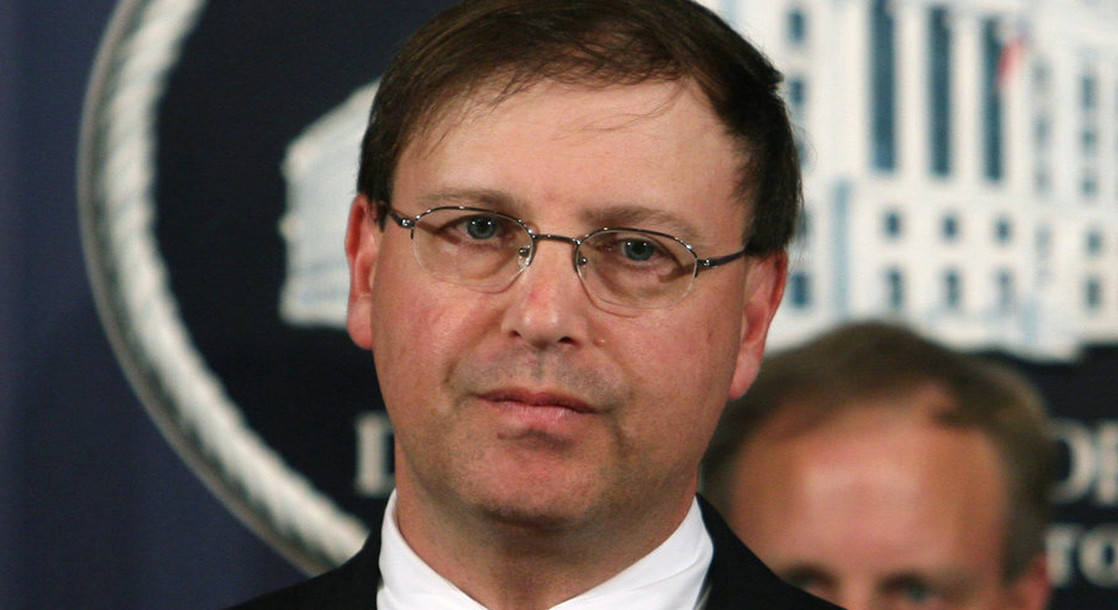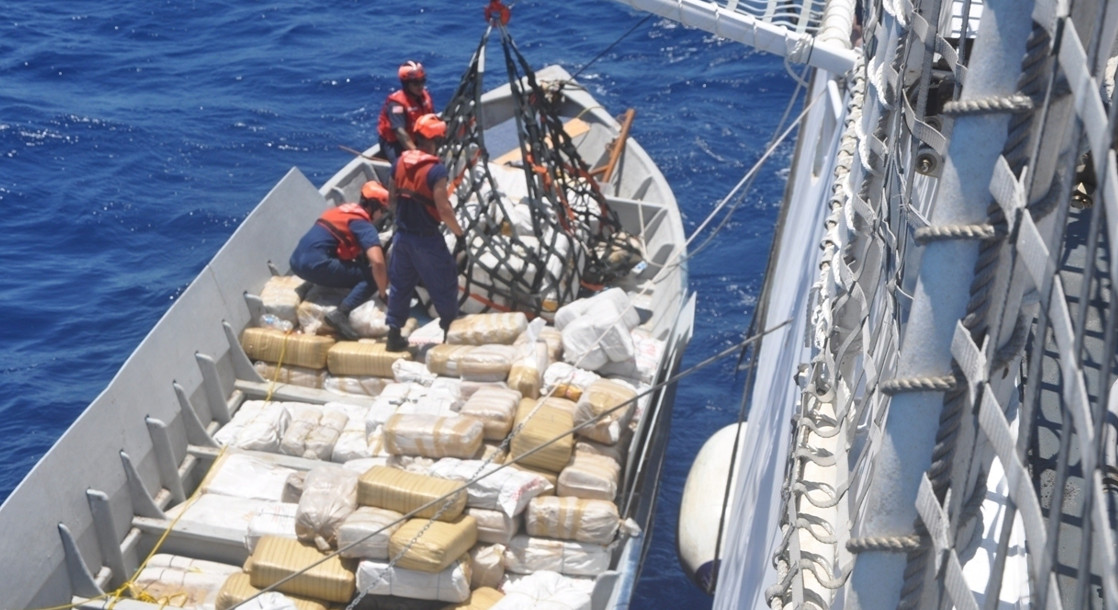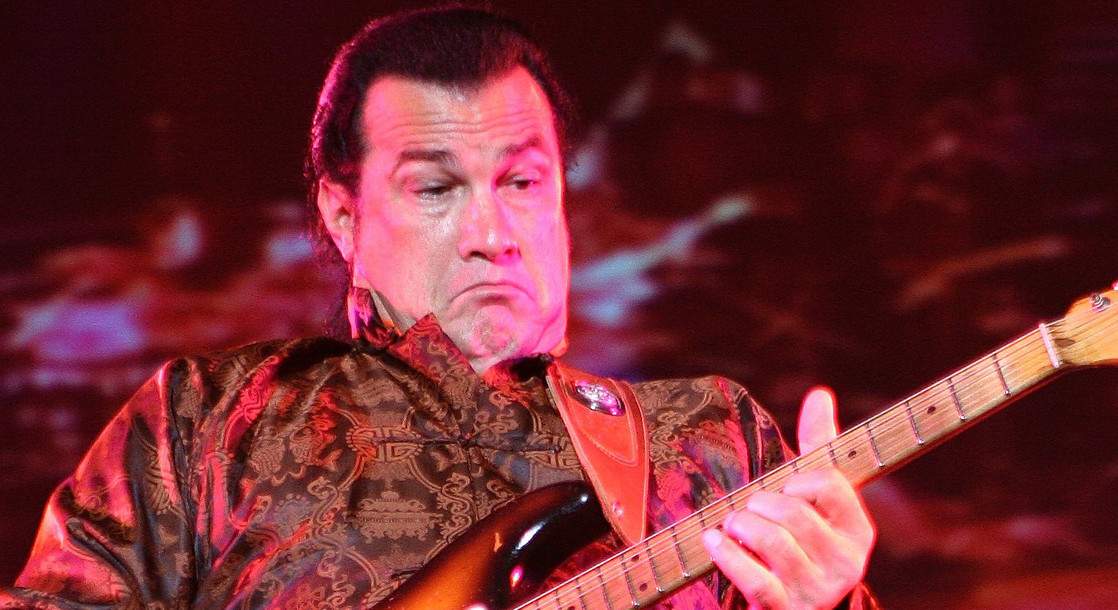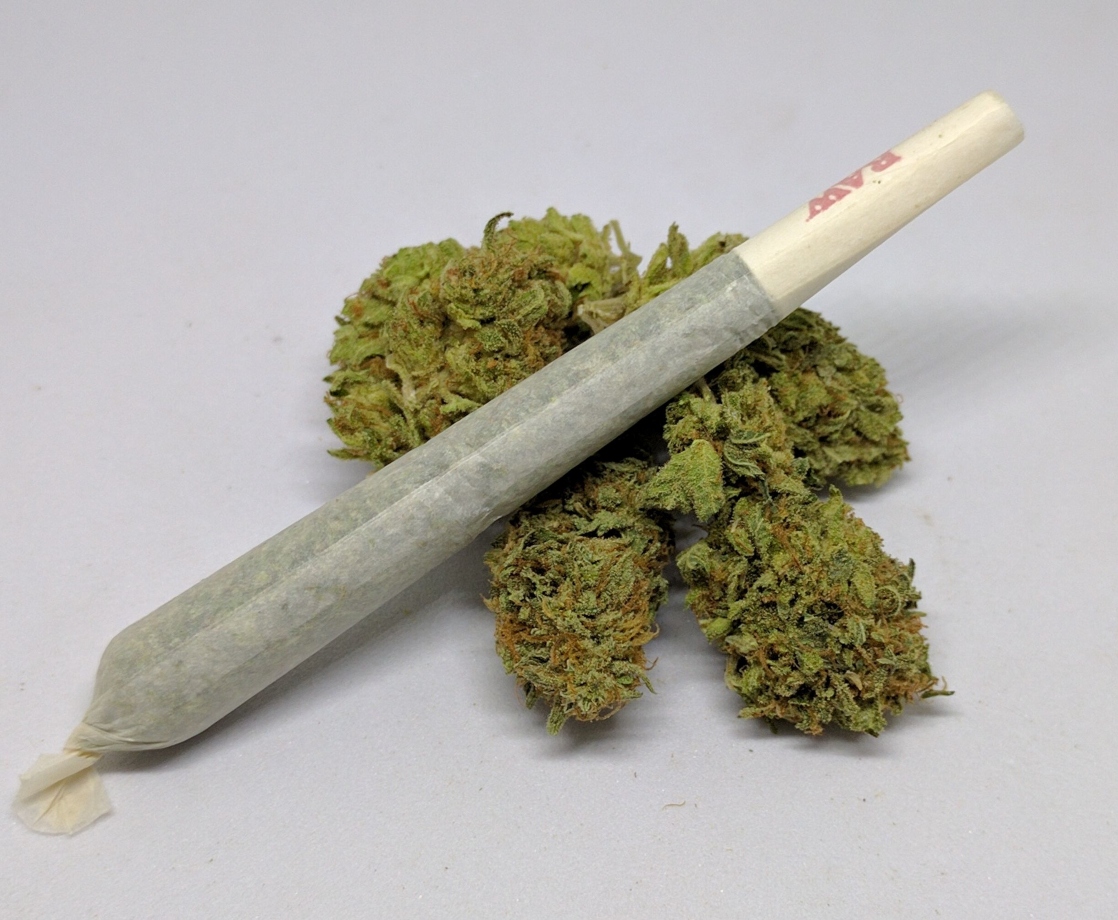Although more than half of the nation has recognized the cannabis plant, in some form or fashion, for its medicinal capabilities, the acting chief of the U.S. Drug Enforcement Administration, Chuck Rosenberg, still believes that “marijuana is not medicine.”
At a recent event in Ohio, one of the 29 states to legalize a comprehensive medicinal cannabis program, Rosenberg told the crowd that marijuana does not, in any way, have therapeutic benefits in a manner similar to prescription drugs approved by the U.S. government.
He then explained that as soon as “science” proves pot to be medicinally applicable, he would not argue against it.
"If it turns out that there is something in smoked marijuana that helps people, that's awesome," he said, according to the Washington Examiner. "I will be the last person to stand in the way of that. … But let's run it through the Food and Drug Administration process, and let's stick to the science on it."
Rosenberg must have been on vacation earlier this year when a group of the nation’s leading scientific minds known as the National Academies of Sciences, Engineering and Medicine published a detailed analysis of more than 10,000 scientific abstracts that unequivocally prove marijuana is medicine.
The report, which suggests that cannabis is effective in the treatment of pain, nausea and sleep issues, did also conclude that it is absolutely imperative for the federal government to allow more research to be done on this plant before its true capacity can be realized.
Despite this and other scientific evidence that has emerged over the years, the federal government still continues to lump marijuana into the same Schedule I dangerous drug category as heroin – a substance that killed around 13,000 people in 2015.
Yet government officials have no problem allowing the pharmaceutical industry to thrive from the sale of “heroin-based” drugs such as oxycodone, by sticking them in a Schedule II classification.
A number of attempts have been made to lobby the DEA to downgrade the Schedule I listing of cannabis, but the agency continues to deny these requests, saying the “decision is based on whether marijuana, as determined by the FDA, is a safe and effective medicine… and it’s not.”
Interestingly, however, the FDA said last year that it was the DEA’s outdated policies that was actually preventing the agency from recommending a reschedule.
“While potentially daunting (depending on its nature and scope), re-evaluation of the legal and regulatory framework by DOJ/DEA and [U.S. Department of Health and Human Services] could identify ways to encourage appropriate scientific research into the potential therapeutic benefits of marijuana and its constituents,” former FDA Commissioner Stephen Ostroff wrote in a letter asking the DEA to revaluate its scheduling system.
Since the DEA is not likely to make those changes on its own, it would be up to President Donald Trump to get the ball rolling. But don’t hold your breath.
Trump said during his campaign that he supports medical marijuana “100 percent,” yet his administration has done nothing to so much as imply a plan to bring this concept alive for the entire nation. If the administration truly believed in making marijuana a legitimate part of the healthcare market, Trump would initiate the rescheduling process and strongly advise the agencies involved to make it happen.
Until then, the scientific community will continue to be hindered in its ability to explore the true medicinal reach of the cannabis plant.











